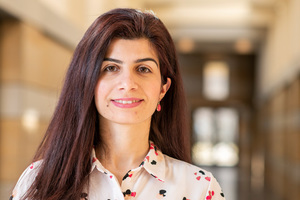Rebel Transformations and Peace Processes: The Case of Turkey and the Kurdistan Workers’ Party

Arin Savran
Kroc Institute Scholar in Residence
Despite great strides in research, we still do not know enough about why peace negotiations fail and what critical factors for success are. Between 2009 and 2015, a failed peace process took place between Turkey and the Kurdish PKK rebel movement. This lecture will describe how the context of the peace process, as well as conflict actors’ goals, attitudes, and behaviors, shifted over time. It will focus on the periods leading up to the process and close to the time of its collapse. Despite the failure of the Kurdish-Turkish peace process, the case is unique because it was initiated as an endogenous process without external intervention owing to the PKK leader, Abdullah Ocalan’s, dramatic ideological shift to radical democracy. Likewise, the talks collapsed not due to an asymmetrical relationship, as conventional wisdom would hold, but following parties actually approaching power symmetry following rapid escalation of war in neighboring Syria and Iraq.
Dr. Savran’s lecture and work at the Kroc Institute is based on her 2018 doctoral dissertation, a conceptual analysis of the Kurdish-Turkish peace process built on a theory of conflict transformation.